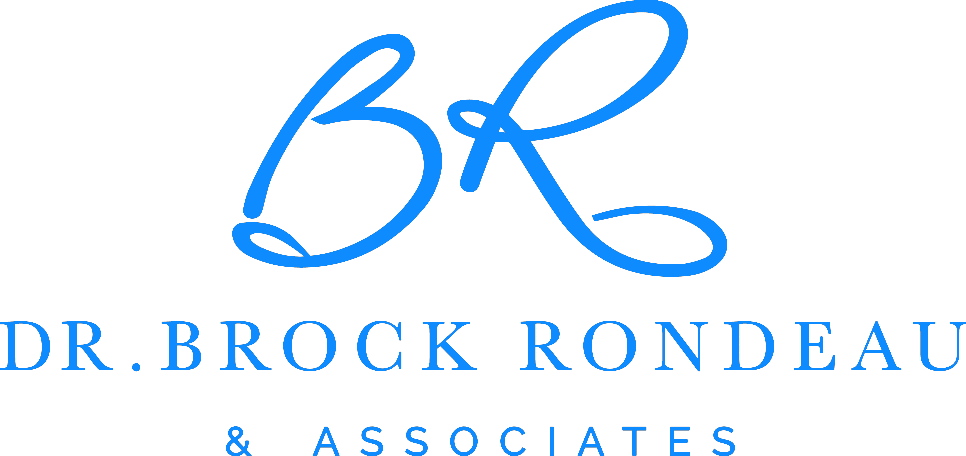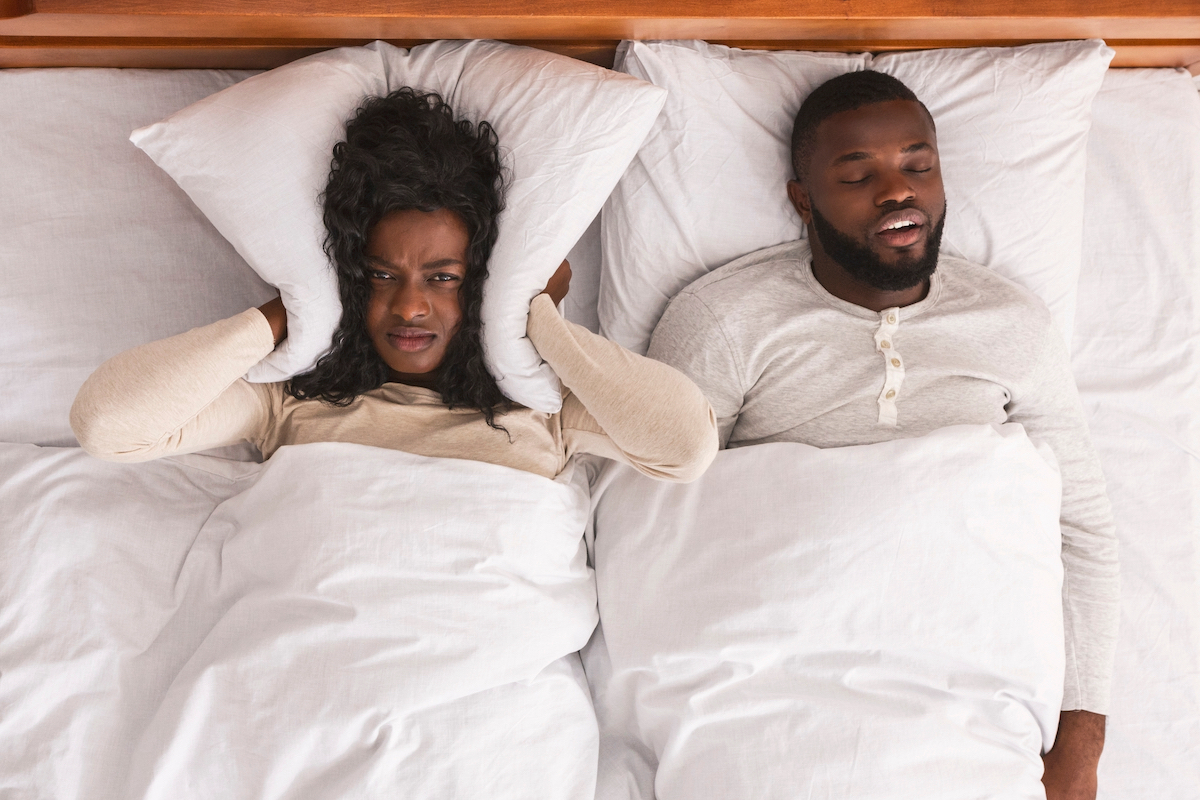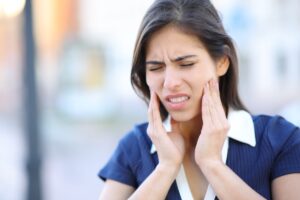Snoring and Sleep Apnea
Snoring is extremely common—it is estimated that nearly 57% of men and 40% of women snore. And yes, snoring can be a nuisance for your bed partner, with loud noises making it difficult to fall asleep. But snoring also is the main symptom of a potentially life-threatening sleep disorder: obstructive sleep apnea. This may make you ask the common question—does snoring mean you have sleep apnea?
The good news is, not all snoring is caused by sleep apnea. The issue could be a sleep positioning issue. It could be the result of allergies or congestion. Or it could be something more serious, like sleep apnea.
Let’s look at a few arguments for how important it actually is to ask yourself, Does snoring mean you have sleep apnea?
Why should you look into snoring?
Life threatening condition. Obstructive sleep apnea is not something to be taken lightly. When you have obstructive sleep apnea, your palliative tissue blocks the airway and you stop breathing. This can happen up to 30 times an hour. This snoring and blocking of the airway leads to disrupted sleep, and the oxygen loss can cause life threatening problems like higher blood pressure and an increased risk of heart attacks and strokes. In fact, people with severe sleep apnea die 10 years sooner than those without! So if your snoring indicates you may have a problem, it is worth having it checked out—you could add years to your life.
Snorers don’t remember. The interesting thing is, the person snoring doesn’t remember this happening as they often don’t become fully awake or conscious. So you likely don’t know that you stop breathing, that you are losing sleep, or even that you snore at all.
You are so tired! Snoring is the most common reported symptom of Obstructive Sleep Apnea. Other signs that it is imperative that you are diagnosed include: excessive daytime sleepiness (since waking up all of those times leads to unsatisfactory sleep!). Patients also may have high blood pressure and acid reflux.
The solution can be simple! Sleep apnea solutions aren’t limited to the dreaded CPAP machine. For people with mild to moderate sleep apnea, or if you don’t tolerate CPAP, often an excellent solution is an oral appliance. This device is removable, like a retainer. It can be worn at night while you sleep, keeping your mouth’s position (jaw forward) so the airway remains open.
Being assessed is easy. It doesn’t take much to get an answer to the question, does snoring mean you have sleep apnea. Visit today for a consultation, where we can conduct tests and determine if your snoring may be a result of sleep apnea. One consultation may be the first step toward peace of mind—and a solution that reduces your risk for high blood pressure, cardiac conditions, and stroke. Learn more about what to expect during your sleep apnea assessment.
How to Find Out If Your Snoring Is Related To Sleep Apnea
So if you snore, why not get that question answered once and for all? Set up a consultation today and be on your way to knowing if your snoring means you have sleep apnea.






